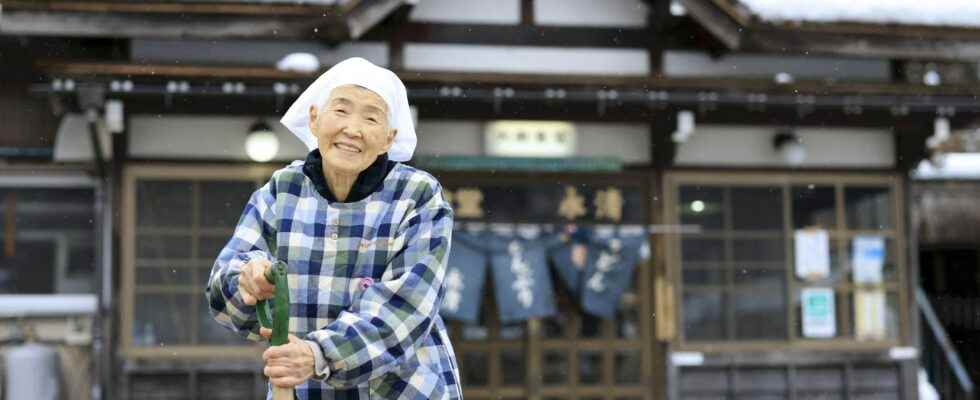An additional sign of Japan’s demographic decline (and of the marriage crisis in this country), the state coffers recovered during the fiscal year ending at the end of March 2022 64.7 billion yen (nearly 460 million euros) of property belonging to the deceased without heirs.
Six times higher than twenty years ago, this figure testifies to the growing number of people living alone and who do not prepare wills. According to the government, 6.7 million over 65s lived alone in 2020, 40% more than ten years ago. Their number could reach 8 million in 2030 because, according to the National Institute for Population and Social Security Research, 28% of men aged 50 and 18% of women the same age were single in 2020.
This increase in revenue also reflects the birth crisis in Japan, which accelerated during the Covid-19 pandemic. According to the government, the number of births, which has been declining since the 1970s, could drop below 800,000 in 2022, something never seen since this data was recorded in 1899. Such a figure was not expected before 2030 by Japanese statisticians. It places the archipelago at a level almost identical to that of France, where the population is twice as small.
The Prime Minister promised to tackle the problem
As a result, the number of Japanese – 124.8 million – is falling: the population is three million fewer than in 2012. This erosion has an economic impact: shortage of labor (despite the growing possibility of working until aged 70) and the rising cost of medical expenses and pensions which represented 33.7% of the State budget in 2022 – almost twice as much as in 1990 (17.5%).
The Prime Minister, Fumio Kishida, promised on January 23 to tackle the problem, by relying among other things on a doubling of aid for the education of children. It remains to be seen whether the financial aspect will be sufficient: faced with growing precariousness, young Japanese are less and less inclined to marry and wish to have children.
The number of cases of Japanese people dying without an heir is expected to increase, and the work of the family courts will increase accordingly. They are responsible for appointing “inheritance administrators” to manage the estate assets. These officials on special assignment pay taxes or utility bills that the person had not paid. They then ensure that there is no heir. Part of the property may be attributed by the courts to a friend or a person close to the deceased.
The rest ends up in state coffers. What to make at least one happy: the Ministry of Finance, faced with a debt that exceeds 250% of GDP.
